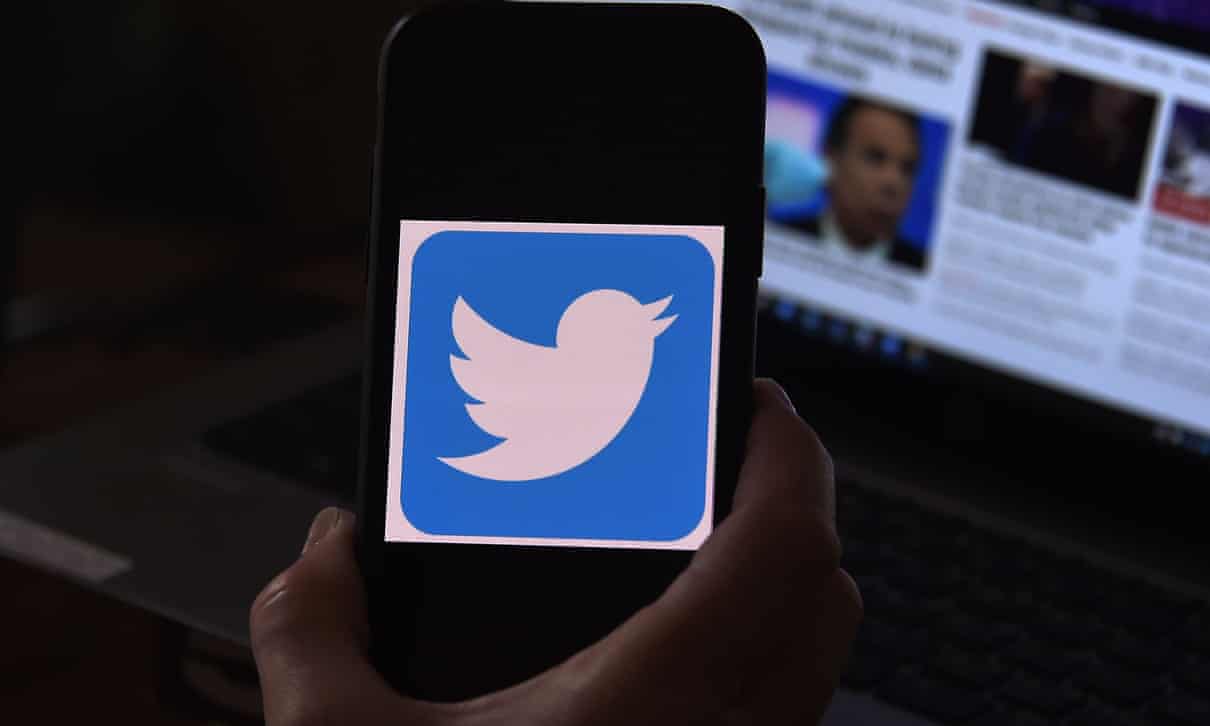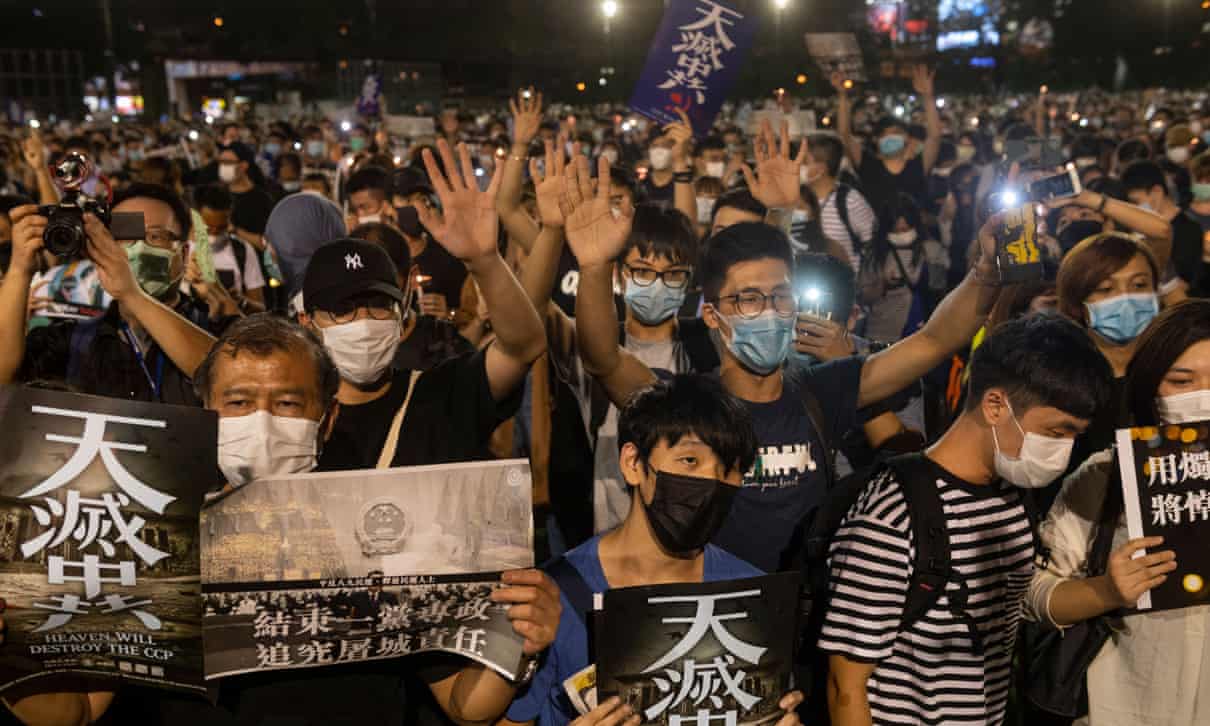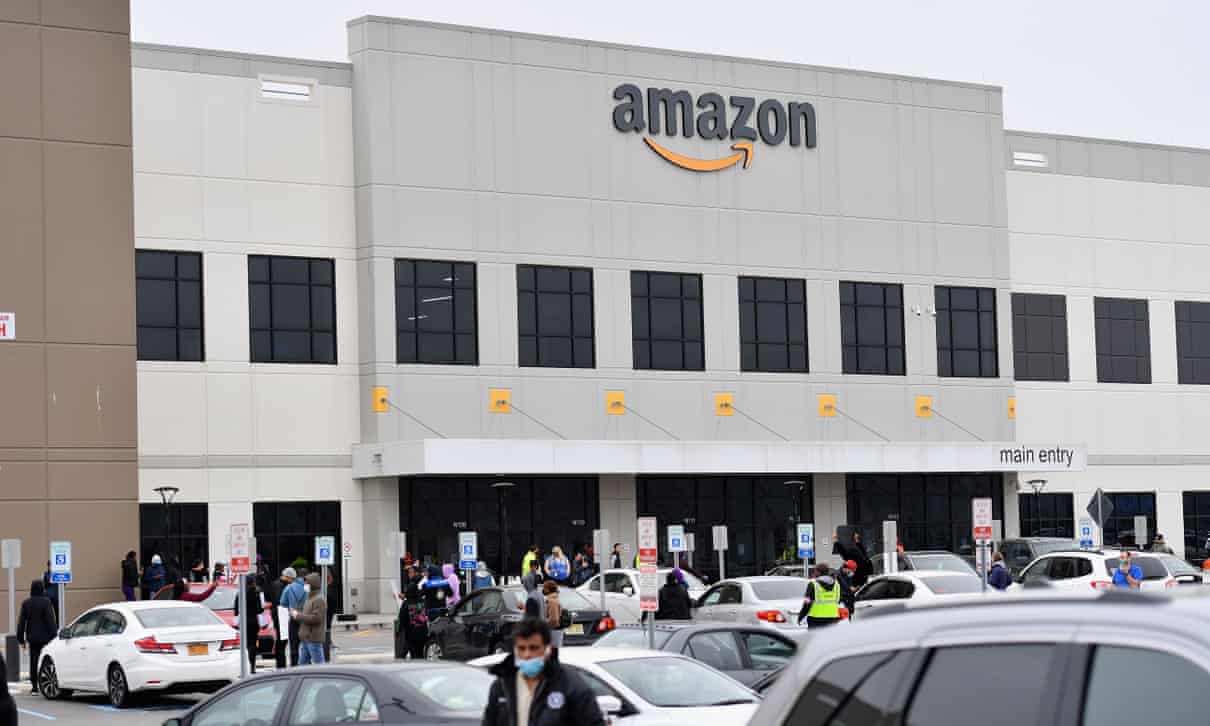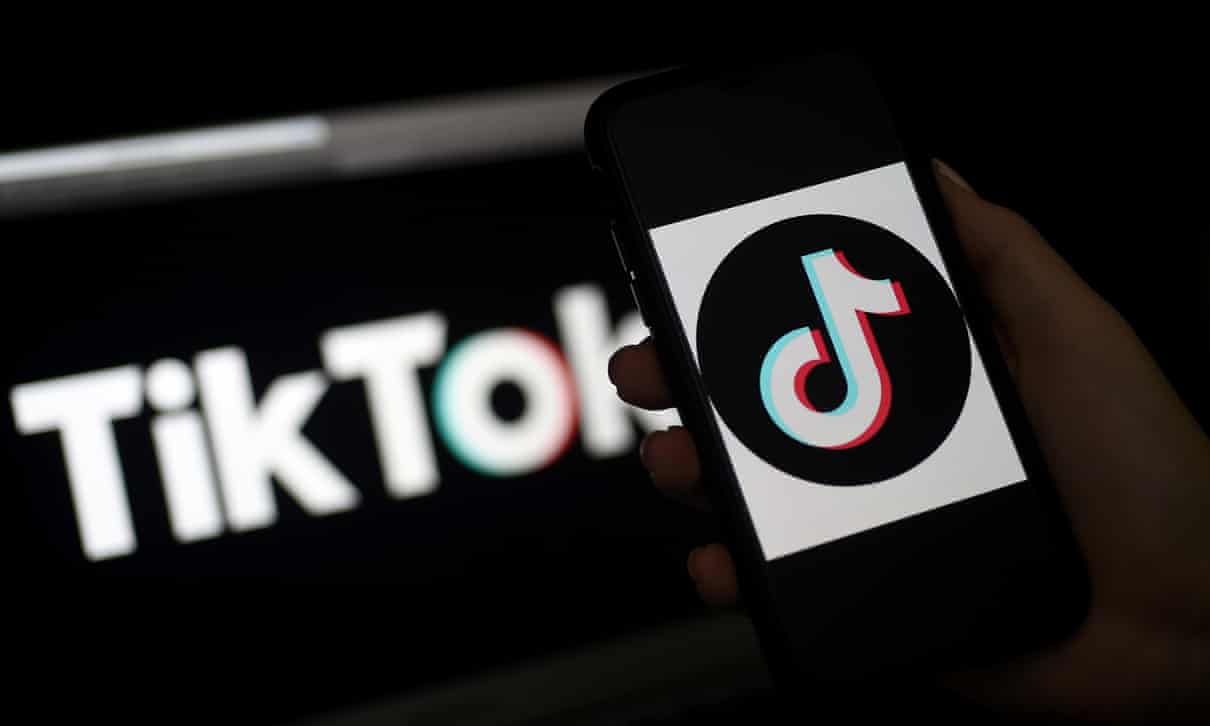Twitter is trying to stop people from sharing articles they have not read, in an experiment the company hopes will "promote informed d...


Twitter is trying to stop people from sharing articles they have not read, in an experiment the company hopes will "promote informed discussion" on social media.
In the test, pushed to some users on Android devices, the company is introducing a prompt asking people if they really want to retweet a link that they have not tapped on."Sharing an article can spark conversation, so you may want to read it before you tweet it," Twitter said in a statement. "To help promote informed discussion, we're testing a new prompt on Android – when you retweet an article that you haven't opened on Twitter, we may ask if you'd like to open it first."The problem of users sharing links without reading them is not new. A 2016 study from computer scientists at Columbia University and Microsoft found that 59% of links posted on Twitter are never clicked. Less academically sound, but more telling, was another article posted that same year with the headline "Study: 70% of Facebook users only read the headline of science stories before commenting" – the fake news website the Science Post has racked up a healthy 127,000 shares for the article which is almost entirely lorem ipsum filler text.Twitter's solution is not to ban such retweets, but to inject "friction" into the process, in order to try to nudge some users into rethinking their actions on the social network. It is an approach the company has been taking more frequently recently, in an attempt to improve "platform health" without facing accusations of censorship.In May, the company began experimenting with asking users to "revise" their replies if they were about to send tweets with "harmful language" to other people. "When things get heated, you may say things you don't mean," the company explained. "To let you rethink a reply, we're running a limited experiment on iOS with a prompt that gives you the option to revise your reply before it's published if it uses language that could be harmful."That move has proved less effective, with the company's filter picking up as much harmless – if foul-mouthed – conversation between friends as it does genuinely hateful speech targeting others."We're trying to encourage people to rethink their behaviour and rethink their language before posting because they often are in the heat of the moment and they might say something they regret," Twitter's global head of site policy for trust and safety said at the time.






